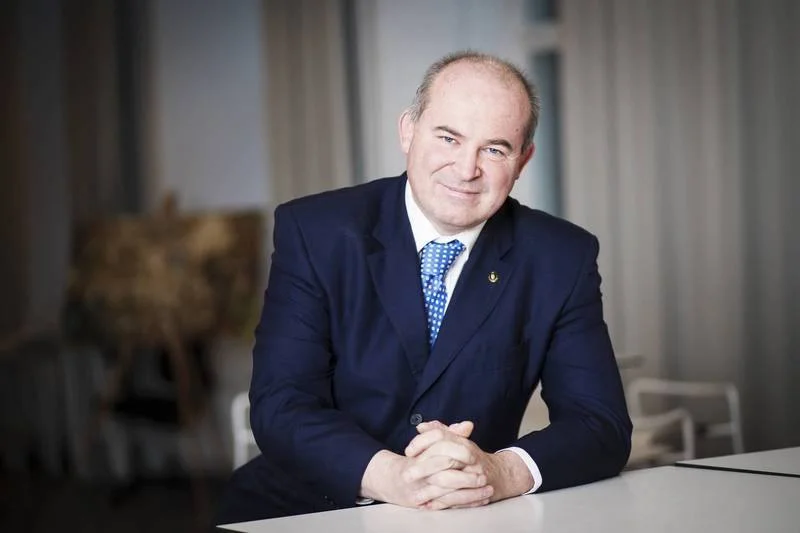Under Prime Minister Trudeau’s administration, there has been a great emphasis placed on the importance of Global Commerce and linkages between important markets. The prime example of this is the CETA agreement with Sept 21 as the date targeted for provisional application. Another priority for the Liberal government is the renewed emphasis on the CleanTech sector. Both CETA and CleanTech provide excellent opportunities for Finnish companies.
Read MoreFinncham interviewed Mr. Árni Þór Sigurðsson , Ambassador of Iceland in June 2018.
Read MoreBased on the study the most significant business risks in Poland are related to social factors such as labor shortage, staff turnover, management and acquisition of new customers. Economic risks are related to rise of salary and cost level and financing of the company in Poland. Political environment of Poland was described as more stable than suggested lately in the media and there was no political threat seen towards foreign companies. Technological risks are mostly related to information security and the lim-ited know-how in utilizing the possibilities enabled by technology. The environmental factors did not form a threat to the studied Finnish companies yet the strict environ-mental requirements towards foreign companies, air pollution and flood risk were mentioned. Business risks related to legal environment of Poland might arise from heavy bureaucracy, slowness or contractual practices.
Read MoreFinncham interviewed Mr Galo Abril-Ojeda, Executive President (CEO), Nordic Ecuadorian Chamber of Commerce.
Economic and Political Outlook
Nowadays, a political and economic stability may be in sight since the recently elected President, Lenin Moreno, is trying to open its public policies towards an integration with Ecuadorian private companies, to boost the country´s productive sector. This, given that the previous 10 year left-winged presidential mandate (considering a half way reelection that took place in 2013) focused on developing several basic infrastructure projects and socially beneficial policies, but breaking apart most incentives towards the private sector.
Read MoreSwitzerland ranks as the most competitive nation in the world, followed by the United States and Singapore. How Switzerland has been able to maintain this position for nine years without any interruptions?
I would only like to mention a few possible reasons. Reliable and reasonable politics, a wide-spread awareness that average is not sufficient, a trustful relationship between employees and employers, first-class infrastructure and education system are the basis of Switzerland’s top ranking.
Read MoreThe SelectUSA Investment Summit is the highest-profile event dedicated to promoting foreign direct investment (FDI) in the United States. Featuring senior government officials, C-Suite business executives, and other thought leaders, each Summit focuses on a timely theme related to the U.S. investment environment, industry trends, and new opportunities.
Read MoreThe Hungarian economy is in a good shape, which manifests itself in increasing foreign investment and the constantly raising standard of living. This is also visible in the statistics.
Read MoreArgentina is the second largest economy in South American with a young and growing population of around 44 million inhabitants. After years of isolation and populist policy, the actual government is pushing business friendly reforms to lead the country back to an economic path of growth and stability. The key agenda of the current administration is to boost job creation, increase the standard of living and reduce poverty by business friendly reforms.
Read MoreThe ATA Carnet is an international customs document that permits duty-free and tax-free temporary import of goods for up to one year. The initials “ATA” are an acronym of the French and English words “Admission Temporaire/ Temporary Admission”. ATA Carnets cover almost everything: commercial samples, professional equipment, goods for use at trade fairs, shows, exhibitions.
Read More100 years ago, the Czech Republic and Finland received the international recognition as the new, independent and democratic republics in Europe. Within coming years, both countries developed their reputation within European and world industrial community focusing, among others, on free trade advocacy. The question whether and how our mutual trade can create win-win situation for the both countries is an underlying topic of our interview with H.E. Ivan Jukl, the Ambassador of the Czech Republic in Finland.
Read More









